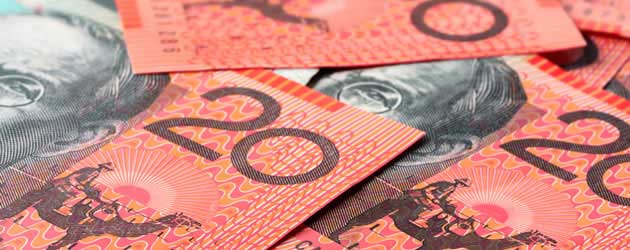
Yesterday the Australian Dollar declined against its US counterpart by the most significant amount in almost 18-months as global economic news and shocking bombings in Boston led to a risk-off market.
The Australian Dollar exchange rate was trading in the region of 1.0350 against the US Dollar as of 09:40 am GMT
After Chinese first quarter GDP data failed to live up to economist’s expectations, commodities (and the currencies of commodity driven nations) slumped.
The ‘Aussie’ fell by 1.9 per cent against the US Dollar – its largest drop against the safe-haven currency since November 2011 – and lost 1.4 per cent against the Yen. However, after the publication of minutes from the latest Reserve Bank of Australia policy meeting the Australian Dollar clawed back 0.6 per cent against its US rival and 1.4 per cent against the Yen.
As currency-risk expert Derek Mumford notes; ‘There will be some consolidation in the Aussie after a big move yesterday. But risk appetite has been severely hurt from the combination of weaker Chinese and US data.’
Although the RBA held rates at their previous levels the central bank restated that Australia’s inflation outlook made cutting borrowing costs further a possibility.
The RBA minutes asserted that: ‘Interest-sensitive parts of the economy were responding to the historically low levels of lending rates and it remained likely that this had further to run. At the same time, the factors weighing on the economy – including the high exchange rate, the waning growth of mining investment, and fiscal consolidation – are likely to persist.’
And Australia isn’t the only nation concerned about the strength of its currency. Neighbouring New Zealand is also fearful of the toll a strong currency can take.
Yesterday New Zealand’s Finance Minister responded to a question posed to him in Parliament by stating that the ‘Kiwi’ was overvalued, and that continuing strength in the New Zealand Dollar could negatively affect the nation’s exporters.
Despite English’s comments, the New Zealand Dollar climbed by 0.9 per cent against the US Dollar and 1.8 per cent against the Yen, easing the currency away from the lows achieved yesterday.

Comments are closed.